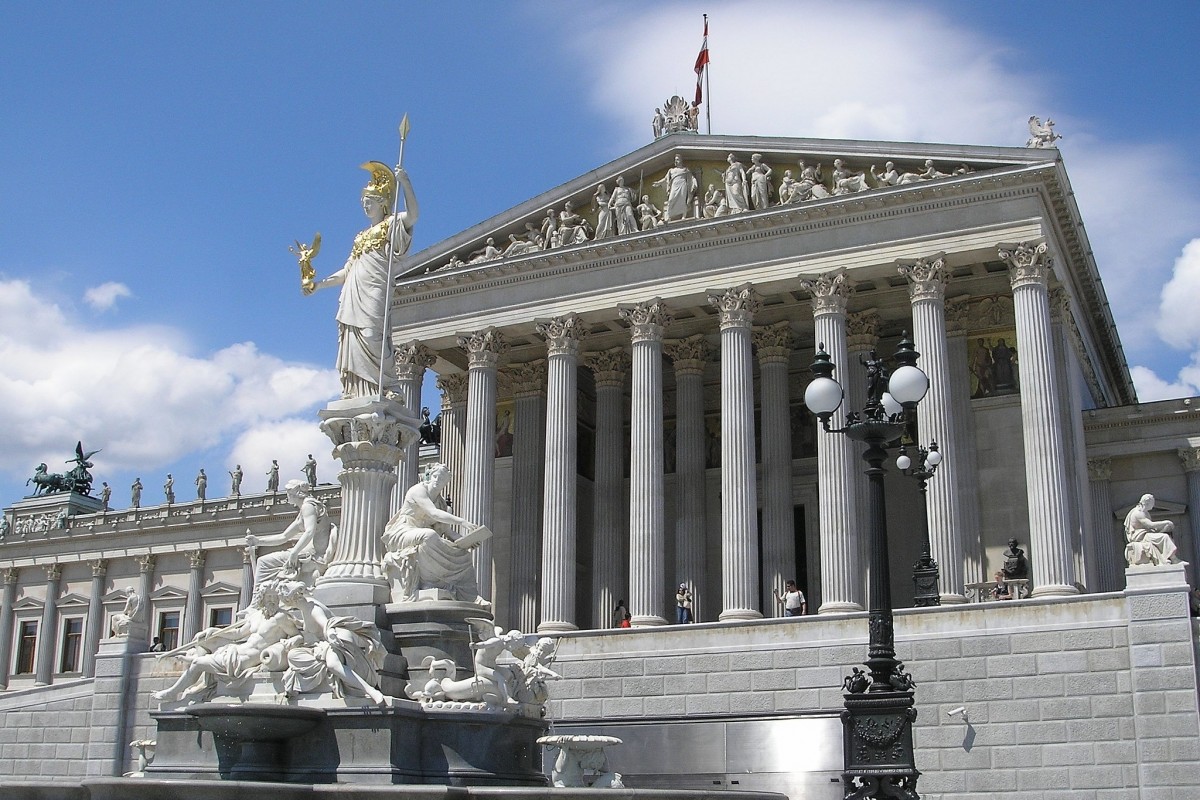Sponsored Content
Politicians Debate Austrian Foreign Policy in Times of Global Change
Austrian foreign policy was the focus of a topical debate with Foreign Minister Alexander Schallenberg during the Federal Council session. Under the title "Austria's Foreign Policy in a Time of Global Change", the Federal Councillors discussed the challenges and direction of Austrian neutrality as well as the integration of the Western Balkans into the European Union.
 The debate in the Austrian Parliament highlighted the diverse views on Austrian foreign policy and the need for a clear strategy in a rapidly changing world. / Picture: © Wikimedia Commons / Gryffindor, CC BY-SA 3.0 (http://creativecommons.org/licenses/by-sa/3.0/)
The debate in the Austrian Parliament highlighted the diverse views on Austrian foreign policy and the need for a clear strategy in a rapidly changing world. / Picture: © Wikimedia Commons / Gryffindor, CC BY-SA 3.0 (http://creativecommons.org/licenses/by-sa/3.0/)
Austrian foreign policy is largely shaped by the party affiliation of the government. Each party has its views and priorities concerning international relations. Especially now, in times of global change, foreign policy in Austria is being discussed again and again. Austria's foreign policy despite being strongly shaped by the governing parties and domestic politics, with pro-European…
or Log In
Fast News Search





